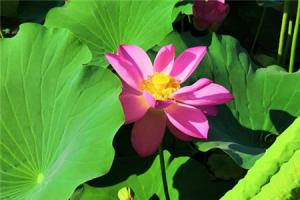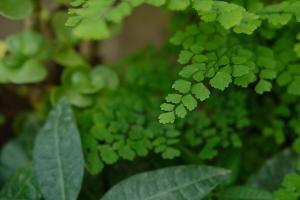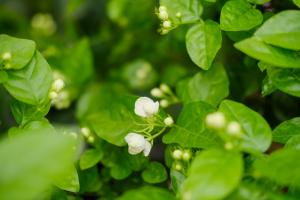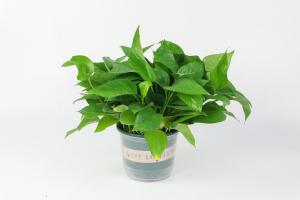Do I Need to Plant Two Apple Trees?
Planting apple trees is a great idea for anyone who loves fresh, nutritious fruit right from their own backyard. However, as with any fruit-bearing plant, there are important considerations to make before making the investment of time, money, and effort that apple tree cultivation requires. One of the most commonly asked questions is whether it is necessary to plant two trees for successful apple growing.
The Role of Pollination
The short answer is that generally speaking, yes, planting two apple trees is advisable to ensure successful pollination. While there are some exceptions, apple trees are what's known as "self-sterile," which means they cannot fertilize their own flowers. Instead, they need pollen from another compatible apple tree to produce fruit.
Without a nearby pollen source, apple trees may produce few or no fruit at all, making the effort of planting and tending to the tree fruitless (pun intended). However, it is important to note that not just any apple tree will do - they must be genetically compatible, meaning they must have similar blooming times, flower structures, and bloom abundances. Gardeners should always do their research and choose compatible varieties if planting more than one apple tree.
Exceptions to the Rule
There are, of course, a few instances in which planting two apple trees may not be necessary. If you have neighbors with apple trees or live in an area where apple trees grow wild, you may be able to rely on naturally occurring pollinators. Birds, bees, and other insects may carry pollen from nearby trees to pollinate your tree, making a second tree unnecessary. In addition, some newer apple tree varieties are self-fertile, meaning they can produce fruit with only their own pollen. However, these varieties are the exception and should be chosen carefully.
The Benefits of Planting Two Trees
Even in instances where pollination may occur naturally or with a self-fertile variety, planting two apple trees can have a host of benefits. For one, it increases the likelihood of successful pollination and fruit production, giving you a better yield of delicious, homegrown apples. In addition, planting two trees can provide a built-in backup system in case one tree fails. If one tree is diseased or damaged and cannot produce fruit, the other tree can pick up the slack, keeping your supply of fresh apples intact.
In conclusion, while there are some exceptions, planting two apple trees is generally advisable for anyone seeking to enjoy the benefits of homegrown apple harvests. Doing so increases the chances of successful pollination and fruit production, ensures compatibility between varieties, and provides a safety net in case of disease or other unforeseen circumstances. With proper care and attention, you can reap the rewards of fresh, delicious apples right in your own backyard!

 how many times do yo...
how many times do yo... how many planted tre...
how many planted tre... how many pine trees ...
how many pine trees ... how many pecan trees...
how many pecan trees... how many plants comp...
how many plants comp... how many plants can ...
how many plants can ... how many plants and ...
how many plants and ... how many pepper plan...
how many pepper plan...
































